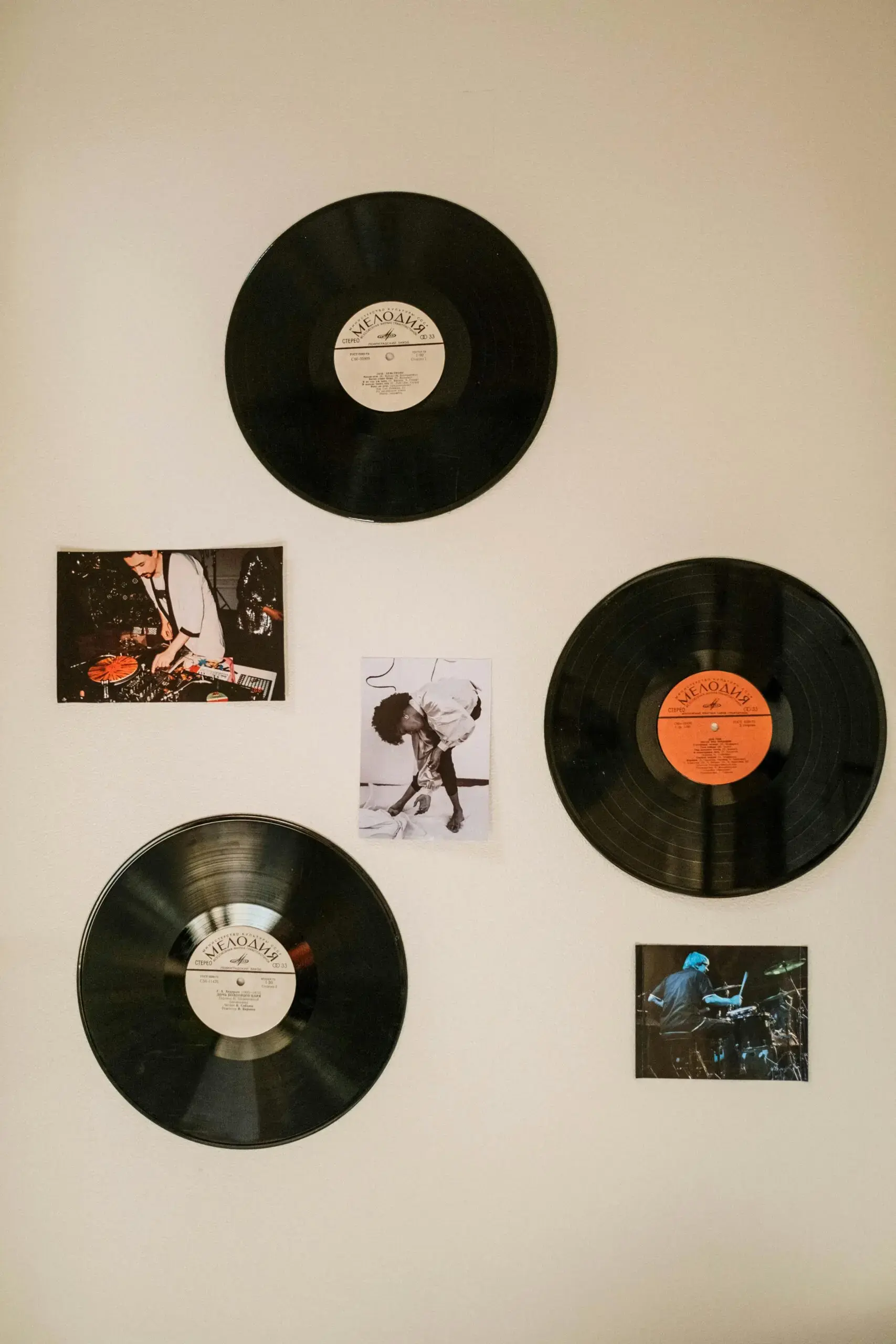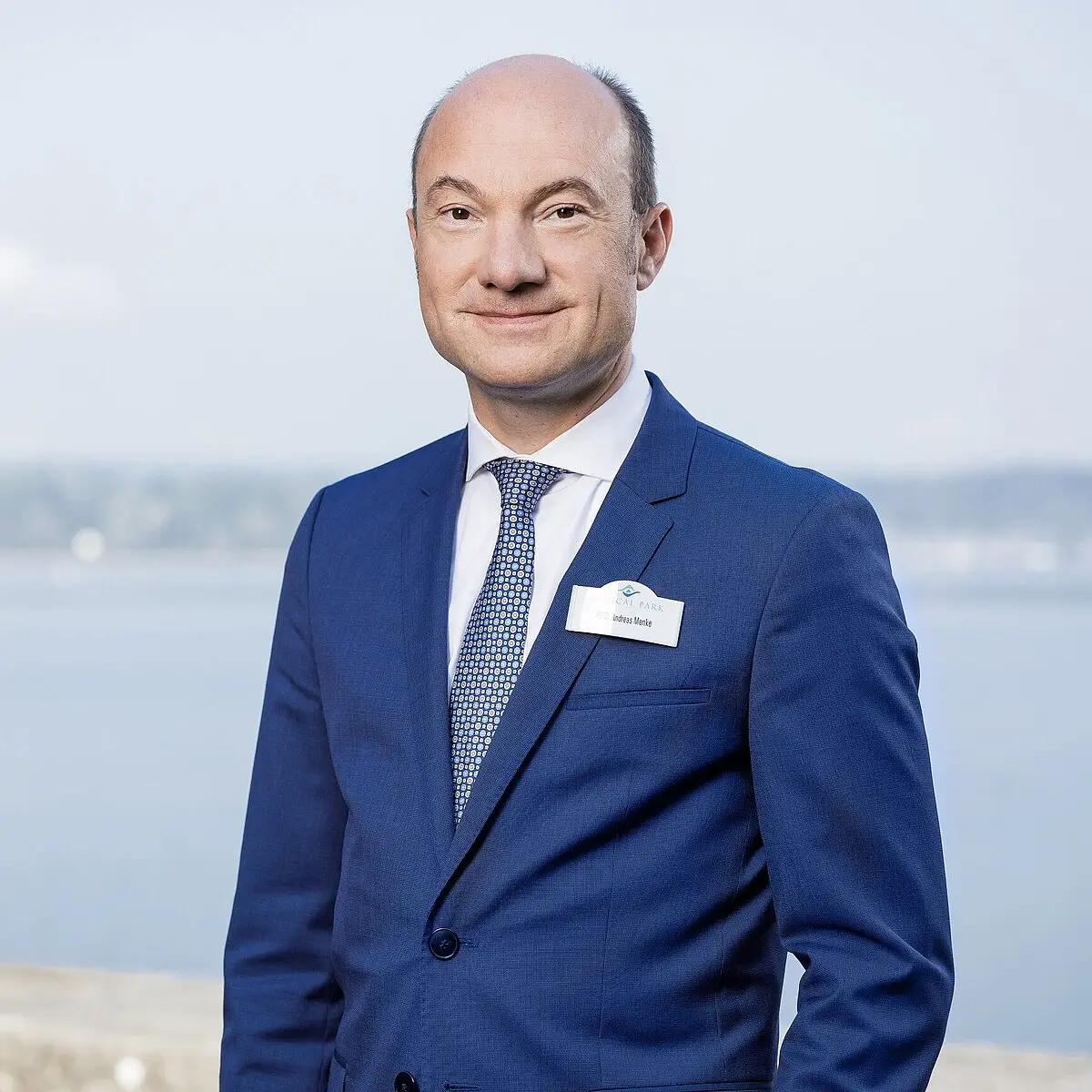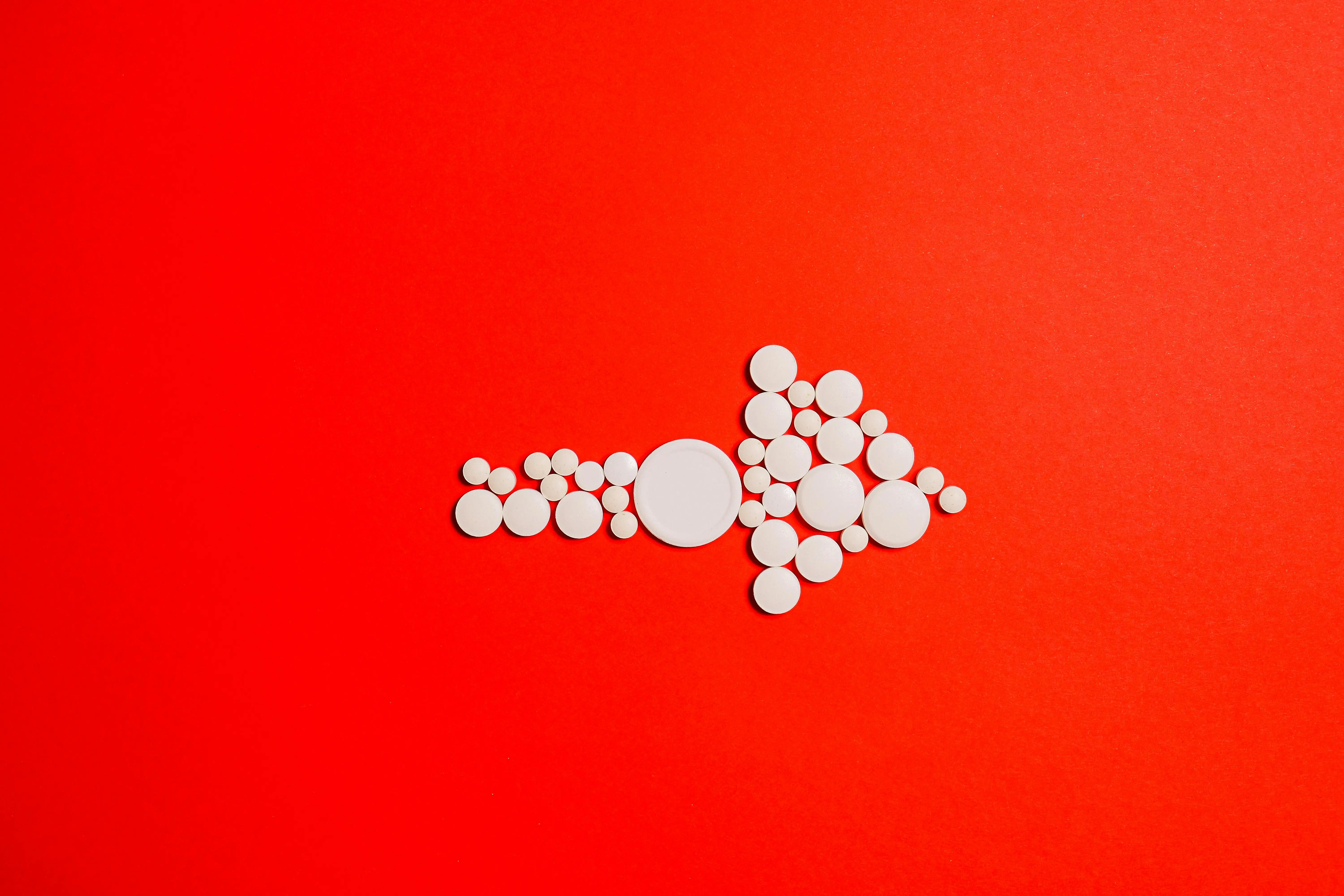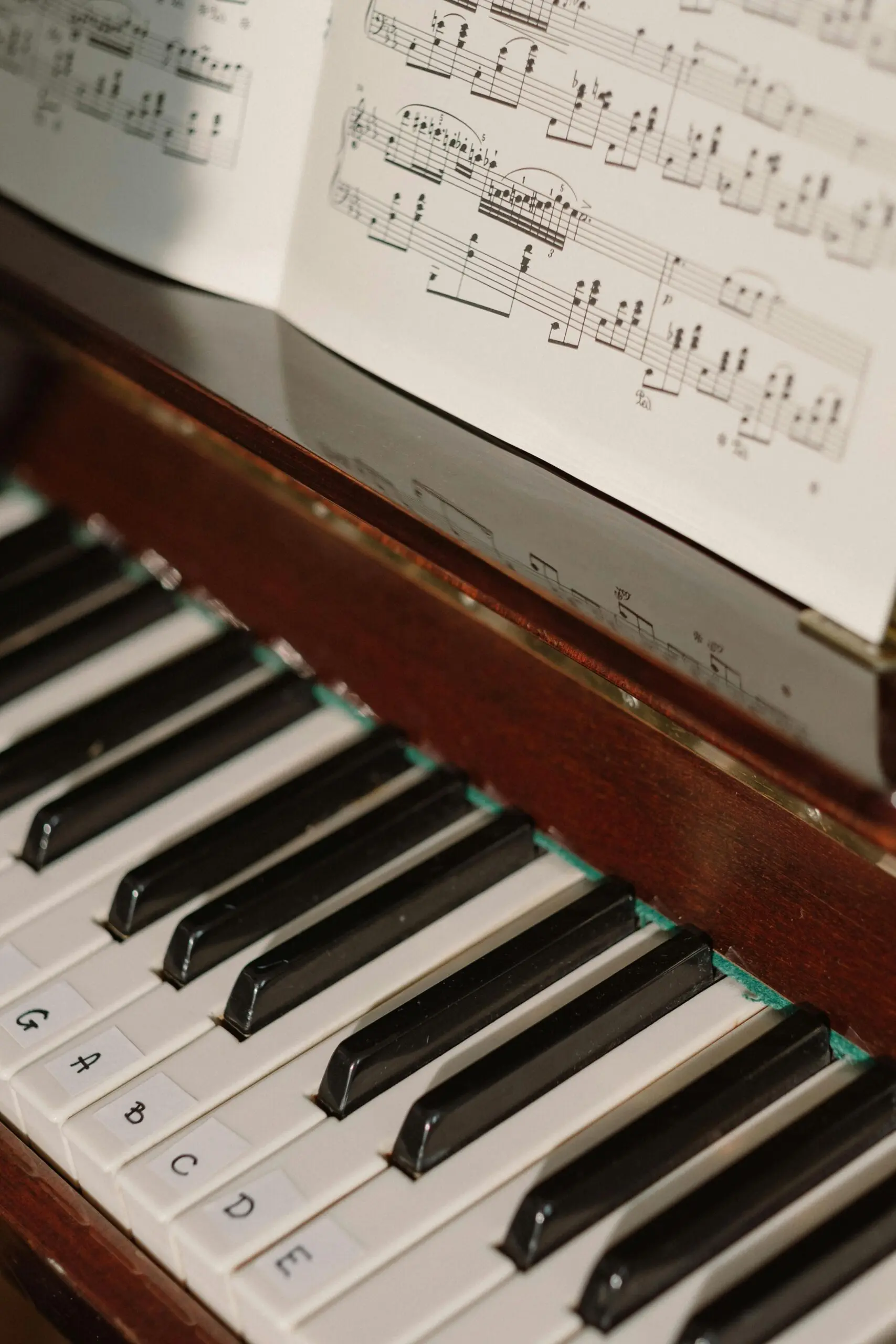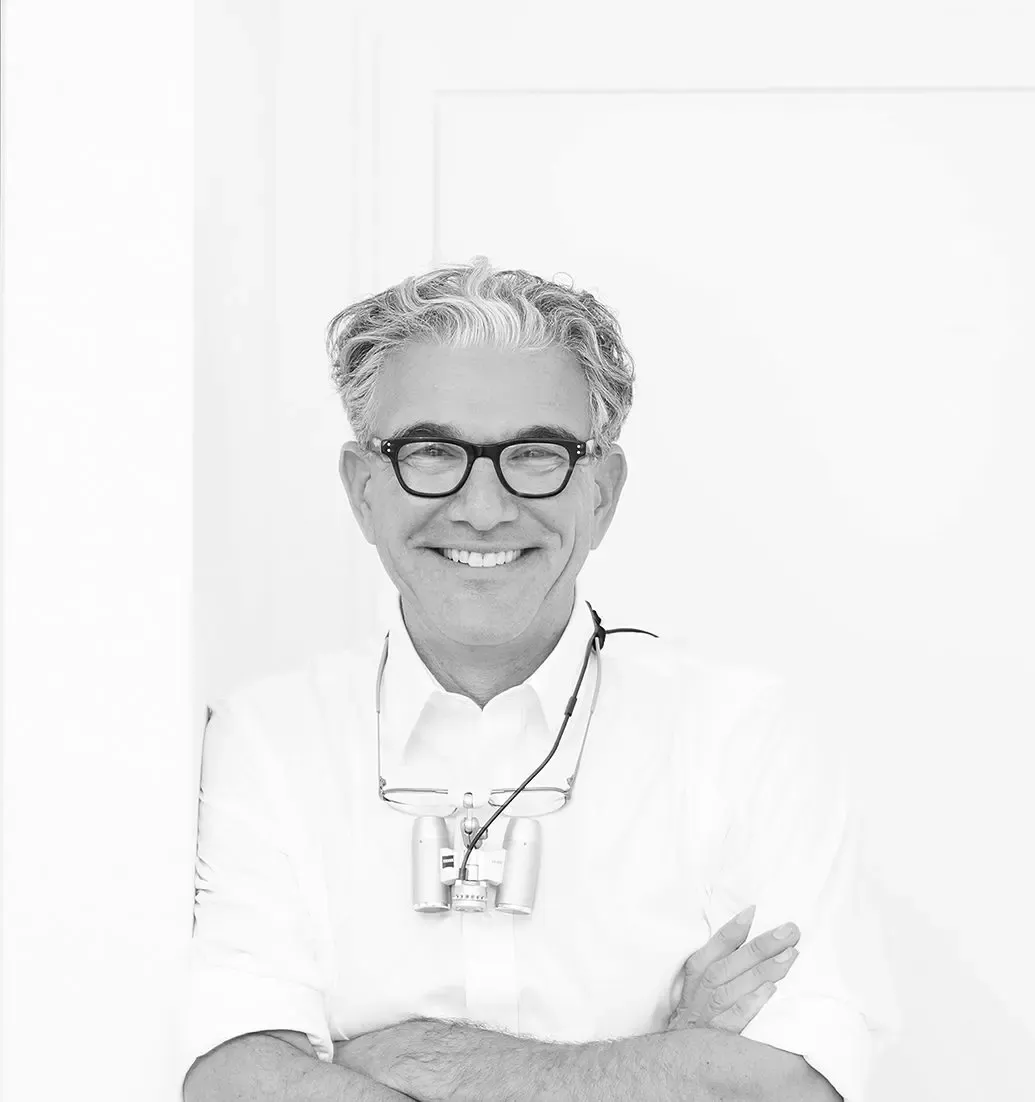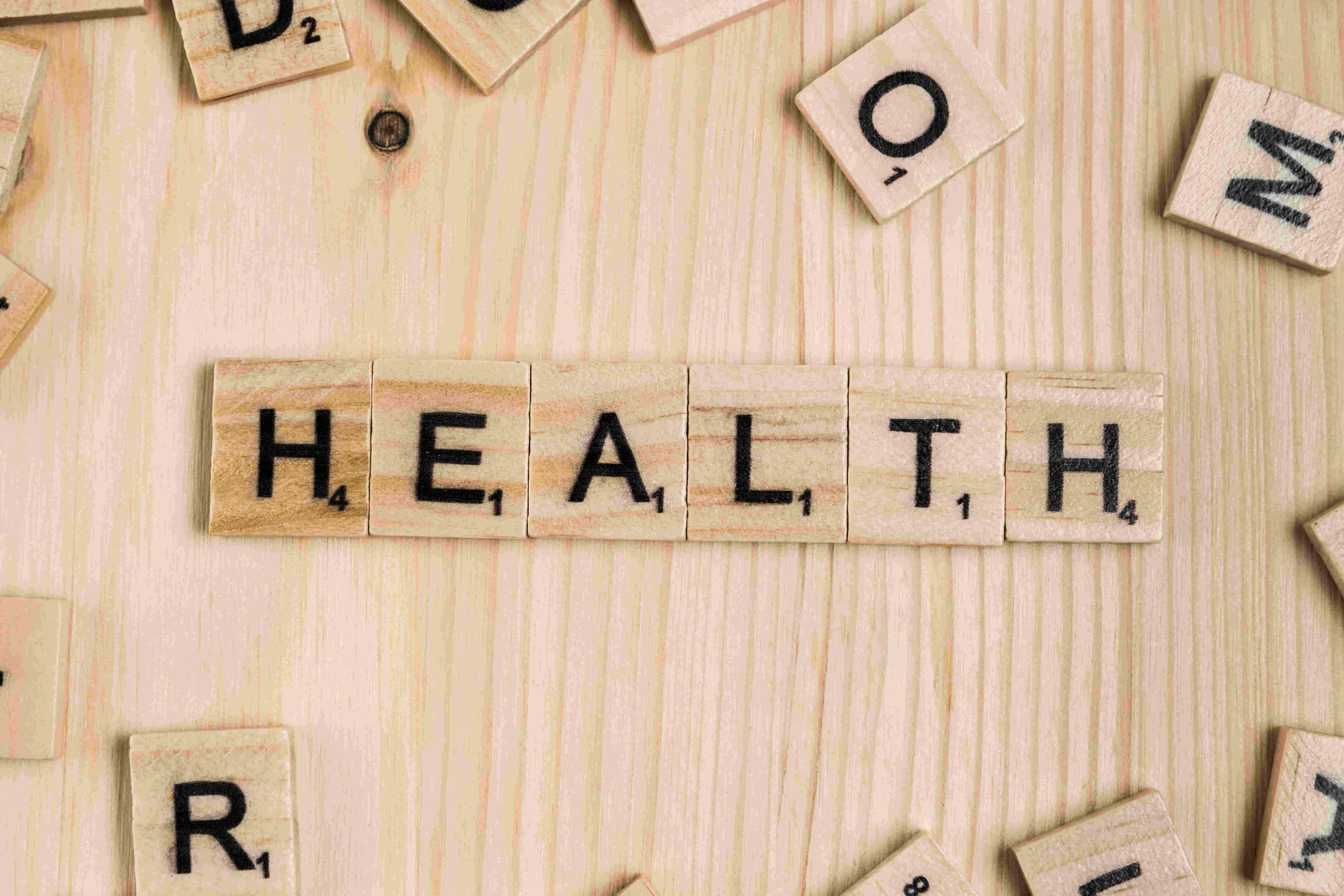He tried. André Benjamin, known as André 3000, one-half of the duo OutKast, and with titles like "Hey Ya!" or "Ms. Jackson," one of the most successful hip-hop musicians of all time, wanted to try again: "I swear, I really wanted to make a rap album, but the wind literally blew me elsewhere this time," translates the self-ironic title of the first track on his latest album New Blue Sun, the first in 17 years.
He had previously asked what he should rap about at 48, perhaps about it being time for a prostate exam? Instead, he softly plays delicate melodies on various flutes across the eight tracks of the new work, inspired by relaxed jazz and minimal music.
It doesn't necessarily sound spectacular, but it has charm – and for André 3000, it also has a therapeutic quality. He says he was fully in the moment during the recordings, and he perceived them as discoveries in real-time – alive, breathing, and improvised.
Understanding music as something healing is trendy. In recent years, so-called "healing music" has become increasingly popular – spherical, spiritually tinged instrumental sounds that stars like Moby, Alanis Morissette, and Sufjan Stevens have also tried.
Understanding music as something healing is trendy.
On the other hand, music is said to have aided healing since ancient times. Body and Soul contribute, from shaman songs to Christian hymns. And even beyond esotericism, spirituality, and the singing bowl scene, there are scientifically well-researched effects and effective therapies through and with music for neurological, psychological, and physical problems.
Professor Dr. Andreas Menke , Medical Director and Chief Physician at the Medical Park Chiemseeblick, a specialist clinic for psychosomatic medicine and psychotherapy, it is important to clearly separate these two areas: "Of course, you can retreat to a wellness hotel for a weekend and maybe relax to certain sounds. That may be very nice, but it does not fulfill any medical requirements.
In actual music therapy, there are two ways. Either the patients make music themselves, and that is mostly improvisation. The point is not to master an instrument, but simply to do something with it.
The effects of music and music therapies are diverse and sound amazing
Or you get a piece of music played, which is then supposed to lead to a certain emotional reaction. In both cases, it is important that music therapy is conducted by someone with a professional background, that is, by a person who has the appropriate training and is qualified to offer this therapy."
